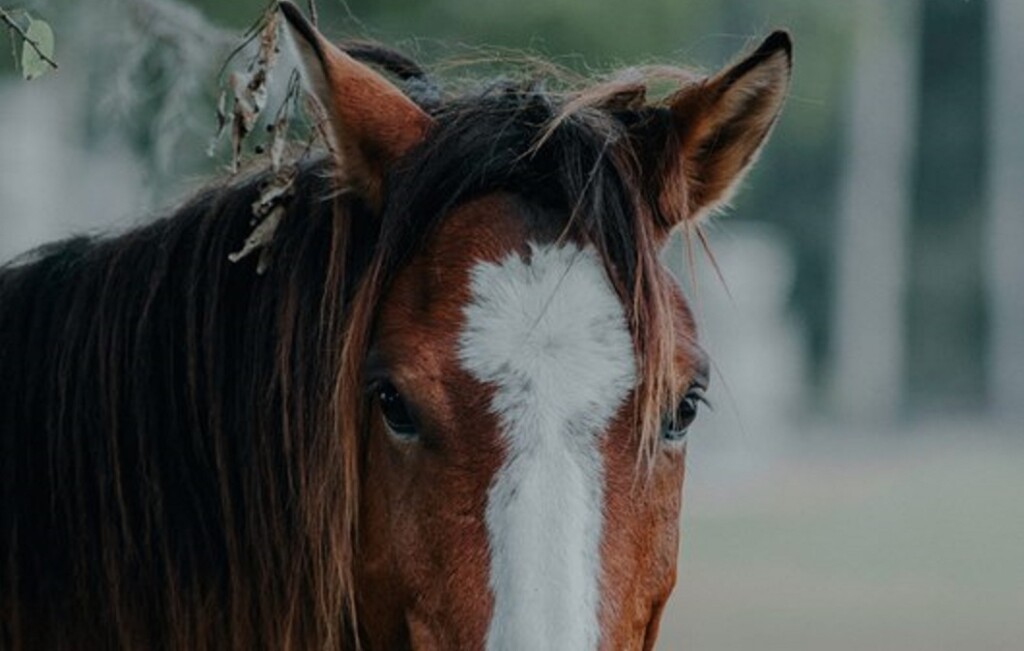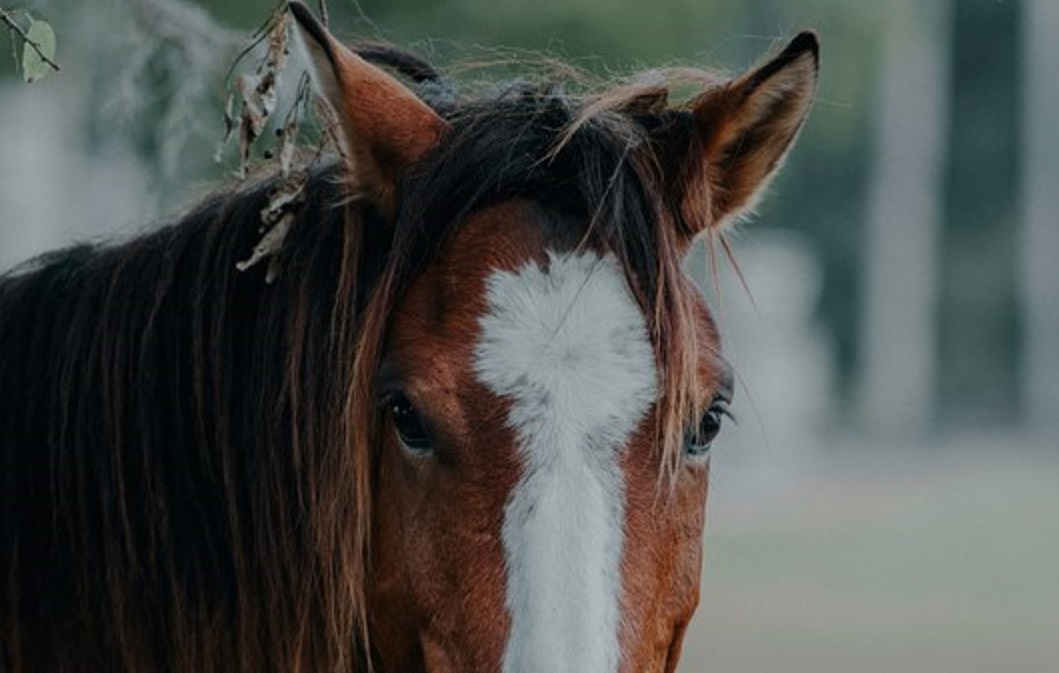
Horses have incredible sensitivity to not only outward human emotions such as joy and anger, but also inward, low arousal emotions like sadness, a new study shows.
This emotional sensitivity isn’t limited simply to facial expressions, but extends to the sounds coming from the individual whom the horse is observing as well.
Perhaps even more than other domestic animals like dogs, horses are incredibly tuned in to their environment. They’ve not only been selected for close cooperation with humans, but are herd animals of prey. As such, changes in the emotional contours of their surroundings are about the most important thing for a horse to be able to detect.
A Finnish-French study wanted to investigate whether horses were able to discern sadness in human faces, and also whether the animals were able to detect emotional content by sounds.
“Sadness is an intriguing emotion, as it is not only negatively charged but also represents a low arousal state. Previous studies have demonstrated that horses respond to high arousal emotions, like anger or joy,” explained Plotine Jardat, lead author of the study and doctoral researcher at the University of Tours.
“However, can they also detect cues of low arousal emotions, like sadness? We wanted to investigate whether horses can associate human expressions of sadness with the corresponding sounds, as they do with joy and anger.”
In the study they showed a horse an image of a joyful face and a sad face along with sounds and tones associated with human joy or human sadness.
OTHER STORIES ABOUT HORSES: Iceland Trots Out Service That Lets Horses Reply to Work Emails While You’re On Vacation
When sad tones were accompanied by a sad face, or joy with joy, the horses could quickly change their focus, but when a joyful face was matched with sorrowful sounds or vice versa, the horses were deemed to be confused, because their attention remained fixed on the images for much longer.
“This is intriguing because it would mean that when horses observe our faces and hear our voices, they do not perceive them as separate stimuli, but can integrate them across different sensory modalities,” Océane Liehrmann, a doctoral researcher from the University of Turku, told the Finnish Times.
MORE ANIMAL INTELLIGENCE: Parrots Kept as Pets Were Taught to Video Call Each Other—and They Loved It
The horses tended to remain fixated on the joyful human expression during which time their heart rate also rose, and the researchers believe this could be because the joyful imagery tended to have more colors and movement, or because it was associated joyful expressions with those observed in their lives and related it to pleasant memories.
The researchers want to continue investigating horses’ abilities to detect sadness, particularly wheather they can detect sadness amongst othe negative emotions.
SHARE This With The Horse People You Know, Who May Not Be Surprised…




















